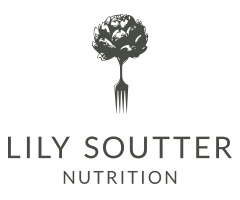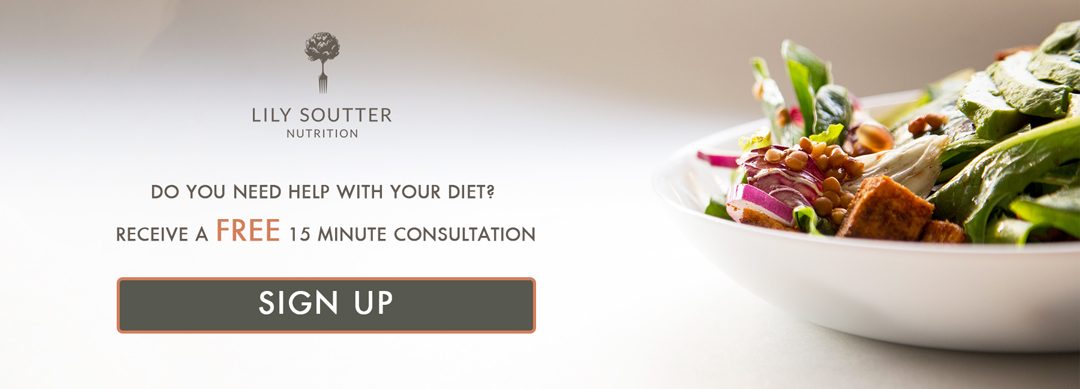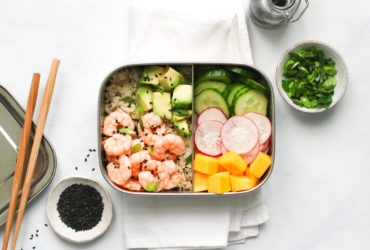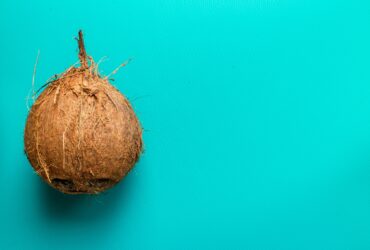Why is it important to look after your bones?
It is important to look after our bones to reduce the risk of developing osteoporosis, which can otherwise lead to brittle bones, increase the risk of fracture and can drastically affect quality of life. As many as one in three women and one in 10 men aged 55 and over will suffer from osteoporosis during their life.
Rickets is a condition affecting children which delays the growth of bones leading to skeletal deformities such as bowed legs. In adults the equivalent disease is osteomalacia. Whilst the condition was largely prevented in Britain during the latter half of the 20th century, in the recent year’s cases are on the rise again in subgroups of the population due to vitamin D deficiency.
Do we lose bone mass as we age? If so, how much?
Our bone mass increases throughout childhood right up until our twenties. Peak bone mass is achieved during our early twenties, but from around 40 years onwards bone mass gradually decreases. Peak bone mass is determined by genetic factors such as build, ethnic group and can be influenced by diet and exercise.
I once heard that oestrogen was connected to bone health – is this true? What is the connection here?
In females, during menopause bone loss is accelerated due to a drop in the hormone oestrogen which would have otherwise protected bone health. However other factors that affect oestrogen levels earlier on in life can also be detrimental to bone health including irregular or loss of menstrual periods.
Does a sedentary lifestyle have a negative effect on bone health? How important is physical activity when it comes to bone health?
Weight-bearing activity which forces your body to work against gravity plays an important role for building and maintaining strong bones, these can include exercises such as walking, running, taking the stairs, playing sports such as tennis and dancing. Resistance training such as lifting weights can also play a positive role.
How important is diet when it comes to bone health? What should we be eating more of?
A well rounded and balanced diet will be particularly important during childhood for the development of strong bone, and then for the maintenance of bone mass during adulthood.
Calcium: 99% of calcium within the body is present in bone and is and is particularly important during childhood, adolescence and early adulthood when bones are developing. However, aiming for optimal calcium intakes can help maintain bone health at all stages of life.
Calcium-rich foods include dairy products but you can also find this mineral in fortified plant-based milks and yoghurts, canned sardines, green vegetables such as spring greens and broccoli, and even tofu.
Vitamin D: vitamin D assists with the absorption of calcium from food and plays a key role in forming and maintaining strong and healthy bone health. In fact, a vitamin D deficiency can lead to disease of the bones called rickets in children and osteomalacia in adults. Our main source of vitamin D comes from sunlight, therefore in the UK, throughout winter the Department of Health advises us to consider supplementing with 10mcg between Oct-April, whilst those over the age of 65, and those pregnant and breastfeeding are advised to supplement all year round.
Vitamin K:
Low vitamin K status is associated with osteoporosis, and lower bone mass. The main sources of vitamin K include dark green leafy vegetables as well as meat and dairy products.
What about cow’s milk – does milk really strengthen bones or is this a myth?
Dairy products are a top source of calcium, but also provide some vitamin D both of which are crucial to bone health. The bioavailability of calcium from milk is greater than some plant-based sources such as spinach. If following a dairy-free diet, it is vital that calcium intakes are assessed and that alternative calcium-rich sources are included within the diet.
What about supplements – what should we be taking? Does calcium really make a difference or is there something superior?
As long as healthy individuals are following a well rounded balanced diet with sufficient calcium, then they won’t need to supplement with additional calcium. However, those suffering from osteoporosis may require additional supplementation, especially if they are not meeting their calcium requirements.
Vitamin D, however, is a supplement which everyone within the UK should consider taking throughout winter, and those over the age of 65 should consider taking all year round.
Do you think any current wellness fads like fasting, veganism and hardcore workouts are taking their toll on bone health?
Any extreme diets which do not provide enough key nutrients for bone health may affect bone mass. Low body weight can also increase the risk of bone fragility and fracture, whilst excessive exercise can interfere with menstrual cycles which may also impact bone mass.
Smoking and high alcohol intake can also increase the rate of bone loss.
Is it true caffeine leaches calcium from bones or is this a myth?
It is true that caffeine consumption can result in increased calcium within the urine too, however, however, this loss is small. What’s more the more calcium that is lost to urination, the more calcium individuals will absorb from their food. So it’s really only the coffee drinks who don’t consume sufficient calcium in the first place who need to be mindful of overall intake.
https://www.ncbi.nlm.nih.gov/pubmed/12204390
Finally, what is your top tip for optimal bone health?
Aim to follow a well rounded balanced diet and avoid any extreme faddy diets which cut out too many food groups. If removing a food group from the diet such as dairy, seek guidance from a nutritionist to ensure you are receiving all the nutrients you need to support healthy bones.
Lily is a Nutritionist in London who graduated from Newcastle University with a BSc (Hons) degree in Food and Human Nutrition (AfN accredited) where she was awarded the Sage Faculty for Excellence Scholarship on an annual basis. She then went on to complete a 2-year post-graduate Diploma in Nutritional Therapy and is currently working towards her MSc in Nutritional Medicine (AfN accredited) at the University of Surrey. Lily’s extensive knowledge of the science of food and health, enables her to regularly write for The Times, The Telegraph, The Daily Mail, The Independent, Women’s Health and Cosmopolitan.
Her frequent TV appearances include ITV’s This Morning with Holly Willoughby and Phillip Schofield, and ITV’s primetime series Save Money: Lose Weight with Dr Ranj Singh. Lily’s passion is to simplify the science around nutrition, to provide health hacks and smarter eating strategies to empower people to enjoy a healthy and successful lifestyle. Her specialities lie in workplace wellness, implementing nutrition-focused wellbeing programmes within corporate organisations across the UK.
Lily also sees individual clients from her London nutrition clinic in Chelsea and a private medical practice based in Notting Hill.




